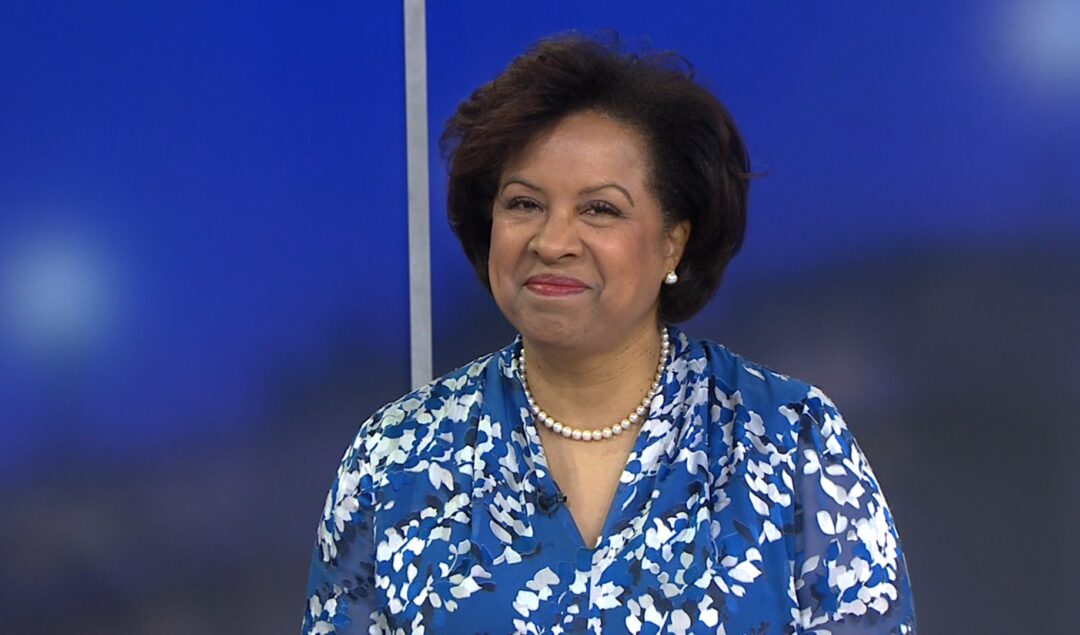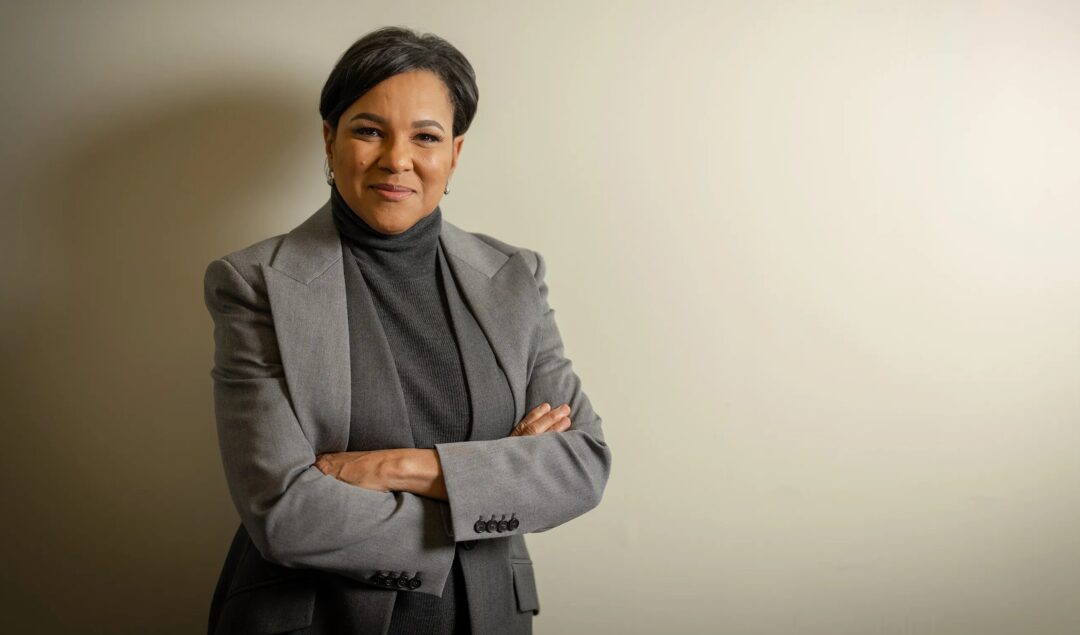46.0% of all Fortune 500 companies were founded by immigrants or their children, according to a new report. That percentage is the highest level recorded since the American Immigration Council started examining immigrant entrepreneurs in annual reviews in 2011. Amazon, DoorDash, and Apple were among the Fortune 500 companies founded by immigrants or children of immigrants, as highlighted by the council’s research. These companies employ 15.5 million people worldwide, more than the population in Pennsylvania. As major companies across the country have rolled back their DEI efforts to comply with President Trump’s executive orders, these
TIAA President and CEO Thasunda Brown Duckett has joined the WNBA’s New York Liberty as an investor. Other celebrities with minority stakes in the team include Jack Ma, Karen Finerman, Karlie Kloss, Gabrielle Rubenstein, and Samantha Lasry; however, Duckett is the only Black investor on the list. “Sports has made a profound impact in my life. It taught me grit, perseverance, teamwork and resilience. To be an investor in women’s sports and the NY Liberty franchise is truly an impact moment,” Duckett said in an Instagram post. Duckett joins the
Fortune has been ranking the 500 largest US companies by revenue and the 2,000-plus CEOs who have led them since 1955. Although the number of Black CEOs on the list has increased, only 28 of the chief executives on the list have been Black, according to Fortune. Nine Black CEOs made the 2025 Fortune 500 list, with only two of them being Black women. Altogether, the nine companies they lead made up $244.76 billion in revenue for fiscal year 2024. Who are the nine Black CEOs that lead the Fortune
The Congressional Black Caucus (CBC) has called on Fortune 500 companies to reaffirm their commitments to diversity, equity, and inclusion (DEI) initiatives and set clear, measurable goals amid rising challenges to DEI programs nationwide. Holding corporate America accountable The CBC’s first-of-its-kind report aims to hold Fortune 500 companies accountable for their DEI pledges made after George Floyd’s murder in 2020. Titled “What Good Looks Like”: A Corporate Accountability Report on Diversity, Equity, and Inclusion, the report is based on months of meetings with hundreds of executives across different sectors and
Black professionals are now being promoted into managerial roles at rates reminiscent of 2019, a recent McKinsey & Co. study has revealed. The findings signal a concerning erosion of progress made in the aftermath of George Floyd’s murder and widespread corporate diversity, equity, and inclusion (DEI) commitments. The Erosion of Progress The study, which analyzed promotion rates from over 270 companies employing over 10 million people, paints a disheartening picture. Promotions for Black professionals, especially women, have fallen significantly. In 2022, for every 100 men of all races promoted into
People from historically underrepresented groups are securing more roles at Fortune 500 companies. Nevertheless, a new report has found that they are overrepresented as diversity and inclusion officers and unrepresented in the C-Suite. Fortune 500 C-Suite Snapshot The executive search firm Spencer Stuart reported on its Fortune 500 C-Suite Snapshot, asking how leadership teams of Fortune 500 companies are evolving in response to changing demands. The report mapped leader profiles for 11 roles commonly included in the C-Suite to develop a snapshot of executives in these positions. C-suite executives commonly include the
Toni Townes-Whitley officially became CEO of Science Applications International Corp (SAIC) yesterday, making her one of two Black women currently running a Fortune 500 company. SAIC provides engineering, digital, artificial intelligence and mission solutions across the defence, space, civilian and intelligence markets. In May, the company announced Townes-Whitley would take over from Nazzic Keene, who decided to retire Townes-Whitley joined SAIC on June 12 to ensure a seamless transition as CEO-elect. Keene has become Special Executive Advisor to Townes-Whitley and the company until February 2024. Toni Townes-Whitley – The CEO
According to Her Agenda, for the first time in Fortune’s 68-year history, women are leading more than 10% of Fortune 500 companies. A historical moment for women in business The report shows that this milestone was reached after five new women began their roles as CEOs of Fortune 500 companies – pushing the percentage balance to 10%. “Women as CEOs isn’t an oddity anymore,” said Jane Stevenson, global leader for the CEO succession practice at Korn Ferry. “It’s not the majority, but it’s not an oddity. So, 10% makes it more











